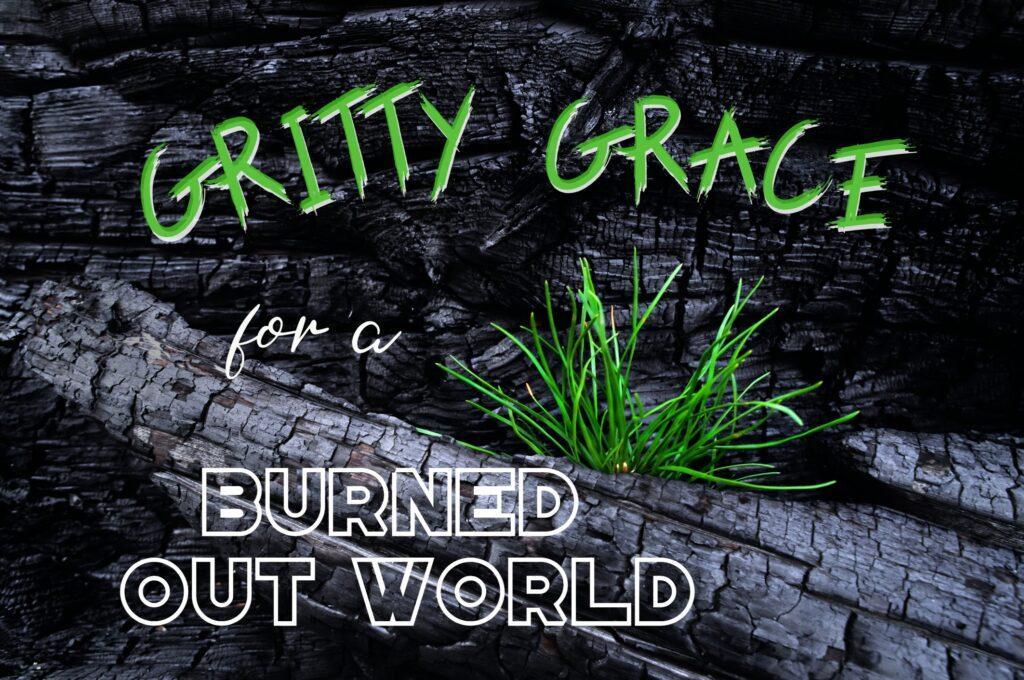Burnout. You may not know the psychological term enough to describe what it is and how it works.
But you know burnout.
You may not know how to talk about it, but you know what it feels like.
23 months into the pandemic, you know burnout–because you are a human being. So much has been asked of us that goes against our natural way of being for too long.
It’s a topic I talk about weekly in my webinars and workshops with teachers, non-profit leaders, businesses, government, and churches in the talk I call Gritty Grace in a Burned out World.

I’ve spoken about it on a television news program as well.
The more I talk about it, the more understood people feel–and when people feel understood, the sense of heaviness that comes with burnout lightens, just a bit.
Here is a small snippet of material covered in the workshop that might be interesting for you to hear:
To recap, the Harvard Business Review article on “6 Causes of Burnout and How to Avoid Them” gave the following areas:
- Workload
- Perceived Lack of Control
- Reward
- Community
- Fairness
- Values Mismatch
While this article suggests action plans to avoid/fix burnout in these areas–it is specific to work. Most of these strategies are not effectively do-able in a global pandemic. We can’t get away from the parts of this that are hard on our system.
My point: It’s time to stop wondering what is wrong with us, and accept this feeling is what is right with us.
Feeling burnout after this prolonged period of living unnaturally is to be expected. Just like
- hunger pangs remind you to eat
- feeling sleepy suggests it time to go to sleep, and
- feeling thirsty has you pour yourself a glass of water,
…this feeling of burnout suggests that you should stop living like this. Your energy has been depleted faster than it can be restored–for a long time.
We are getting close to less restrictions and mandates. In the meantime, we recognize this state of burnout is a sign of our humanity. We acknowledge that it is hard. In the meantime, we stop beating ourselves up over this.
In other words, we don’t have to be:
- angry about how angry we are
- anxious about our anxiety
- depressed over depressed feelings
- overwrought with our fatigue and lethargy
It won’t always be like this. It won’t. We will have a time of restoration, when we can emerge back into community by:
- going back to the gym,
- watching the latest flick on the big screen in the movie theatre,
- hug a colleague,
- banter with people in the room before a meeting and
- engage in hilarious side conversation during a meeting because you are not on Zoom!
In the meantime, extend yourself grace. Burnout gets worse by working feverishly to break out of it. Grace–providing yourself kindness regardless of deserving–creates space to breathe and get through one more day.